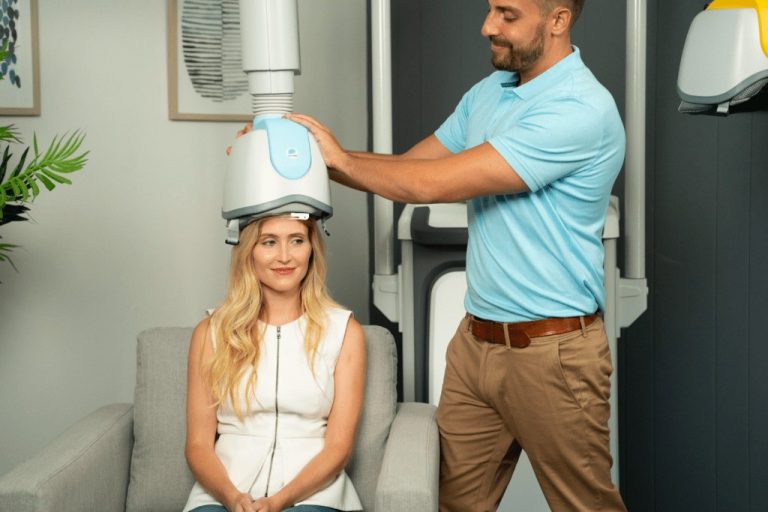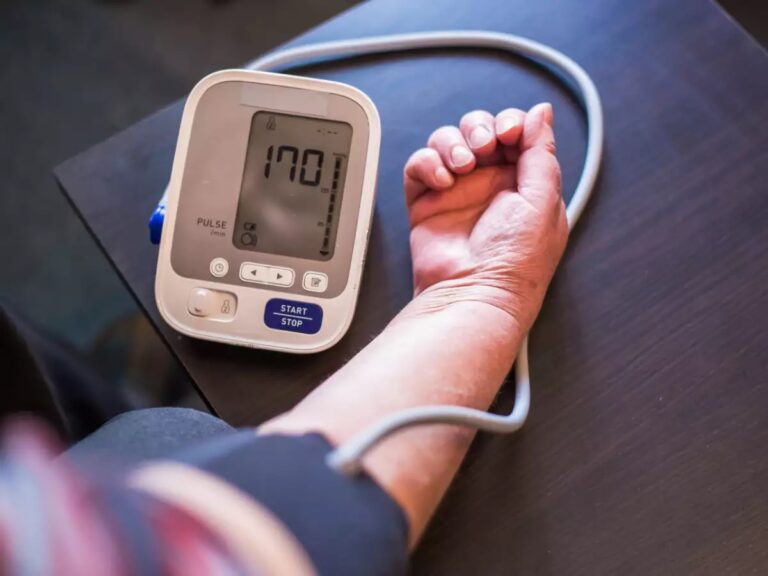Mental health issues affect millions of people worldwide, and finding effective treatments can be a challenging journey. While traditional therapies and medications have been valuable tools in the fight against conditions like depression, anxiety, and obsessive-compulsive disorder (OCD), they don’t always provide the relief individuals desperately need. In this article, we’ll explore Deep TMS therapy, a cutting-edge approach that’s changing the landscape of mental health treatment.
Understanding deep TMS therapy
Deep Transcranial Magnetic Stimulation, or Deep TMS, is a revolutionary therapy that harnesses the power of magnetic fields to stimulate specific regions of the brain. Unlike traditional TMS, which targets surface areas, Deep TMS reaches deeper brain structures, making it a promising option for a wide range of mental health conditions.
How it works?
Deep TMS therapy involves the use of a specially designed helmet equipped with electromagnetic coils. The patient sits comfortably while the helmet emits magnetic pulses that penetrate the skull and reach the targeted brain areas. These pulses stimulate neural activity, encouraging the brain to rebalance itself.
Why deep TMS therapy matters?
One of the key advantages of Deep TMS therapy is its non-invasive nature. Unlike invasive procedures or medication regimens that may come with side effects, Deep TMS carries minimal risk and is well-tolerated by most patients. This makes it a viable option for individuals who have not responded to conventional treatments or wish to avoid medication.
Deep TMS therapy has shown significant promise in treating various mental health conditions, including:
Depression: Deep TMS has been FDA-approved for the treatment of major depressive disorder (MDD). By stimulating brain regions associated with mood regulation, this therapy offers a lifeline to those who have struggled with persistent sadness and hopelessness.
Anxiety: Anxiety disorders are among the most common mental health issues worldwide. Deep TMS has demonstrated effectiveness in reducing anxiety symptoms, offering a path to a more peaceful mind.
Obsessive-Compulsive Disorder (OCD): For individuals plagued by intrusive thoughts and compulsive behaviors, Deep TMS provides hope for managing and alleviating symptoms.
The future of mental health care
Deep TMS therapy is more than just a treatment; it represents a significant leap forward in the world of mental health care. Its non-invasive nature, minimal side effects, and remarkable effectiveness are opening doors for individuals who have felt trapped by their mental health conditions.
Personalized treatment plans
One of the strengths of Deep TMS therapy is its adaptability. Clinicians can tailor treatment plans to suit each patient’s unique needs. This personalized approach ensures that individuals receive the most effective care possible, promoting a higher chance of success in managing their mental health.
Reducing the stigma
Mental health conditions often carry a stigma that can deter individuals from seeking help. Deep TMS therapy’s non-pharmacological approach and high success rates may encourage more people to take the first step toward treatment, reducing the stigma surrounding mental health.
Conclusion
Deep TMS therapy is a beacon of hope for those navigating the complex world of mental health. With its non-invasive nature, minimal side effects, and impressive results, it has the potential to transform lives.











